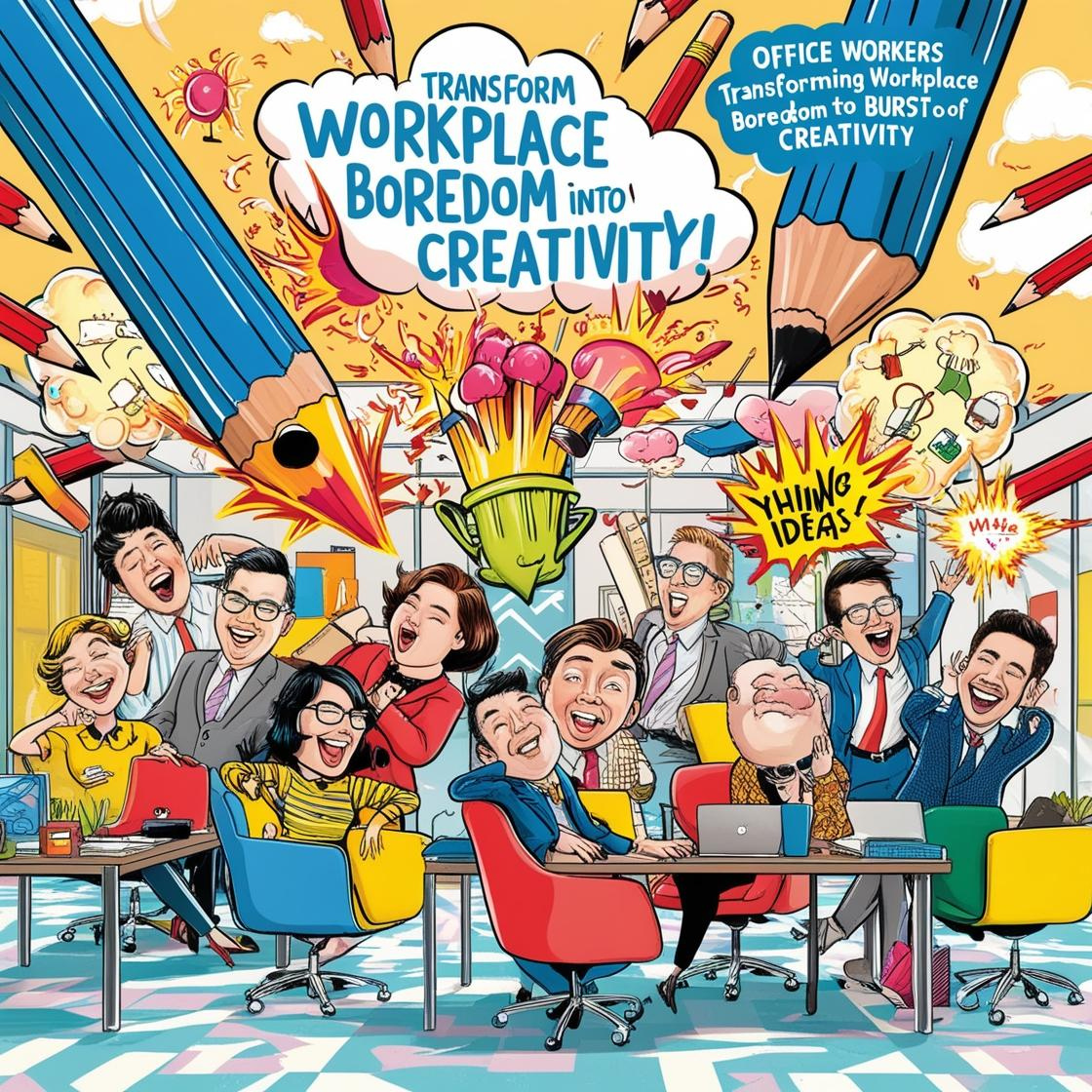In the UK today, a silent epidemic is taking hold—one that isn’t just about money, but about something far more fundamental: hope. The widening chasm of economic inequality isn’t just impacting bank balances; it’s eroding people’s sense of possibility, creativity, and engagement with life. When survival becomes the primary focus, the ability to dream, create, and envision a better future gets suffocated.
The UK’s Declining Engagement: A Crisis in Creativity and Possibility
Recent figures paint a bleak picture:
- Declining Civic Engagement: According to the UK Government’s Community Life Survey, volunteering and community participation have dropped by 11% since 2019. With financial precarity on the rise, fewer people have the bandwidth to engage in activities beyond survival.
- Falling Arts Participation: A 2023 report from Arts Council England revealed that engagement in creative activities has fallen by 15% since 2020, with lower-income households showing the sharpest decline. The cost-of-living crisis means fewer families can afford creative pursuits, from music to theatre to painting.
- Workplace Disengagement: Gallup’s 2024 State of the Global Workplace report found that only 9% of UK workers feel actively engaged in their jobs. Burnout, low wages, and financial stress leave little room for innovation and enthusiasm.
- Mental Health Decline: NHS reports show that 1 in 4 adults in the UK now suffer from depression or anxiety, with financial worries being one of the leading causes. When people are emotionally drained, creativity and hope become distant luxuries.
From Survival Mode to Imagination Deficit
Economic inequality doesn’t just mean an uneven distribution of wealth; it means an uneven distribution of mental space for possibility. When people are constantly fighting to make ends meet, their brains become trapped in survival mode. This isn’t just metaphorical—it’s neurological. Studies in cognitive science show that financial stress shrinks cognitive bandwidth, making it harder to plan for the future, solve problems creatively, or engage in abstract thinking.
Creativity thrives on mental freedom—the ability to explore, daydream, and experiment without fear of immediate consequences. But for millions in the UK, the room to dream has been replaced by the grind of economic uncertainty. Without hope, there is no imagination. Without imagination, there is no change.
The Way Forward: Rebuilding Hope Through Connection
The Great Big Yawn has always championed the idea that connection is key to healing and resilience. Yawning is a primal reset—a biological way of shifting from stress to openness, from disconnection to possibility. If we are to revive creativity and hope, we need more than economic solutions—we need emotional, mental, and social ones too.
We must:
- Prioritize Community Engagement: Economic recovery must include funding for local initiatives, creative projects, and grassroots movements that bring people together.
- Make Creativity Accessible: Arts and culture cannot be luxuries for the elite. Affordable and free creative spaces must be expanded for all income levels.
- Address Emotional Burnout: Just as financial recovery is essential, so is emotional recovery. Mental health resources, community-based healing, and simple, accessible practices like The Great Big Yawn’s approach to resetting the nervous system must be integrated into public well-being strategies.
The Revolution Begins with Imagination
Economic inequality isn’t just about numbers—it’s about lives. It’s about the dreams deferred, the songs unsung, the art never created, the ideas never spoken. A society without hope, creativity, and possibility is a society on the brink of collapse.
But all is not lost. We have the power to turn this around. By bringing people back into connection—with themselves, with each other, and with their capacity to imagine a different world—we can reignite the spark of what is possible. And that, ultimately, is how real change begins.
Rachel Earing
Founder
The Great Big Yawn

